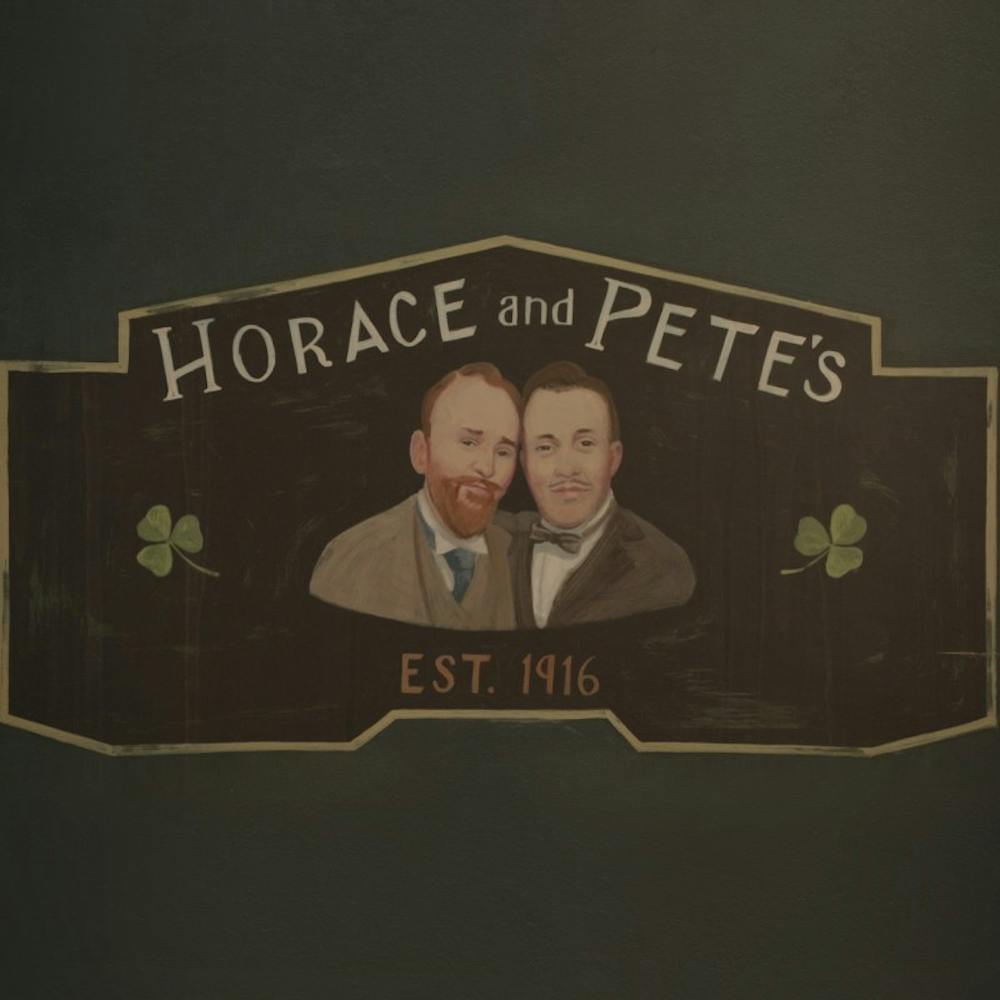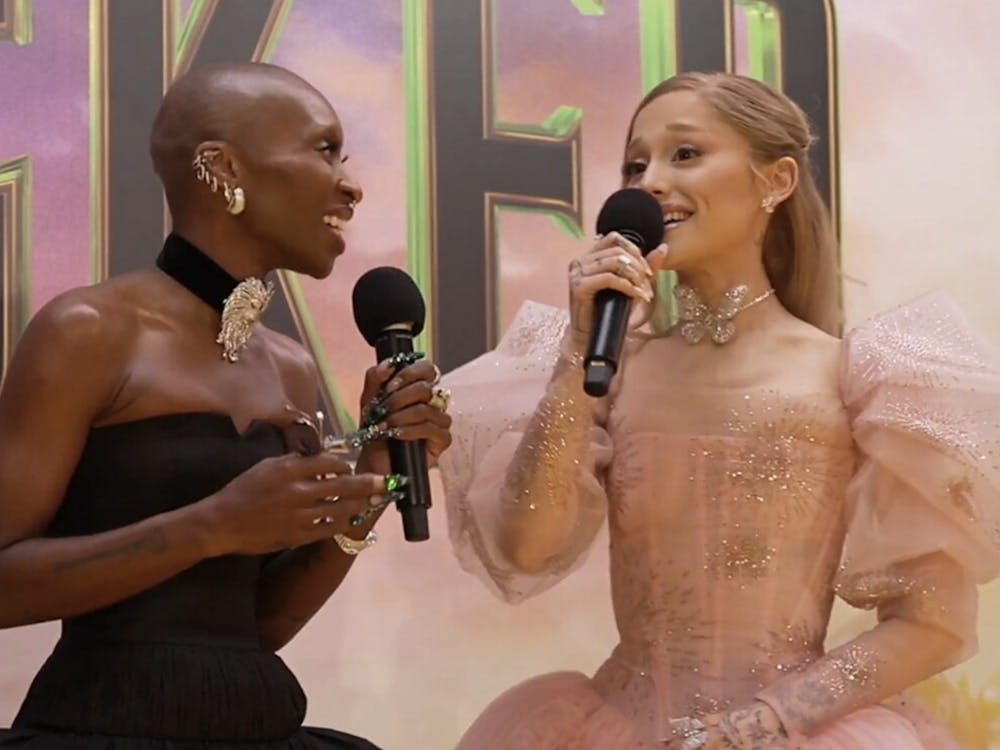"Horace and Pete" is undoubtedly Louis CK's best work. The show is clearly the brainchild of its creator and lead actor, sporting the off-kilter drama and minimalism part and parcel to any Louis CK production. However, it is truly distinguished by the individual performances from its star-studded cast. Alan Alda (Uncle Pete), Steve Buschemi (Pete, Uncle Pete’s son) and Edie Falco (Sylvia, Horace’s sister) all deliver jaw-dropping performances.
The series, as is custom for any CK production, is not tethered to its central story, with detours aplenty. CK writes in scenes confronting the subservience of Americans to their government and ethical dilemmas regarding transgender issues, among other things. He does not include these scenes to allow any character to play the hero, however. Life simply does not work that way, and CK knows it. Rather, the viewer is able to draw what they may from Louis’ frenzied depiction of life.
The show is set at Horace and Pete's, a legendary bar always owned and operated since 1916 by a Horace and a Pete of some familial tie. The bar has outlasted prohibition, World Wars and the implosion of a family steeped in a history of violence towards women and an obsession with tradition. At first, this tradition is revered: an early scene in which Uncle Pete uncorks a 100-year-old bottle of wine romanticizes this longevous history.
As the story develops, however, the true nature of this tradition rears its ugly head. Horace IX, played by CK and definitely the most tame of his ancestors, is revealed to have cheated on his wife, dividing his family. Pete, Horace’s cousin and partner, spent half of his life in a psychiatric ward due to a mental illness his family ignored which has left him entirely reliant on pills to survive. Both are wholly aware of the bar's violent, misogynistic past but fear leaving its familiar confines.
This past comes to life in the show’s 10th and final episode which begins, without warning, in 1976. The same bar, same cast of characters, all reprising different roles. CK plays Horace IX’s father, with Falco playing his estranged wife Mariana. Buschemi takes on Alda's role as Uncle Pete.
Here, we see the violence and abuse which colored the life of everyone for whom the bar played prison. We see Mariana attempting to step outside the bar only to be dragged back by Horace VIII. We see Horace VIII and Uncle Pete tell an embarrassing story of a younger Horace needing to relieve himself during a tee-ball game. We even see the familial split, as Horace IX, Sylvia and Mariana escape the bar while Horace’s father beats Pete upstairs.
There's perhaps meaning in the parallelism of each actor taking on their usual characters’ elder versions. This could be Louis' way of showing the linear continuum the bar represents, each inhabitant doomed to follow their predecessors’ footsteps.
The show plays out like a Greek tragedy. As “Horace and Pete” careens toward its messy conclusion, Horace IX is increasingly unwilling to embrace the cultural stasis the bar represents, only leaving the bar open to ensure Pete has a safe and secure place to live. Eventually, Pete's pills run out, leaving him prone to hallucinations and violent outbursts. He disappears for a full month only to return and find Horace and Sylvia planning their next step after they close down the bar. Initially this is treated as a good omen, but Pete is clearly not psychologically stable.
The show’s finale is a grim reminder of the inevitability of a future necessitated by its past. Horace and Pete’s swallows its main characters whole before they can breach their escape. While the show ties up as many loose ends as it can in its conclusion, it is organized chaos, perpetuated by an impressive cast all at the peak of their powers. “Horace and Pete” captures the futility of life through a morally corrupt institution playing mirror to the endless problems awaiting those who cling to a problematic past, too afraid to move on.





